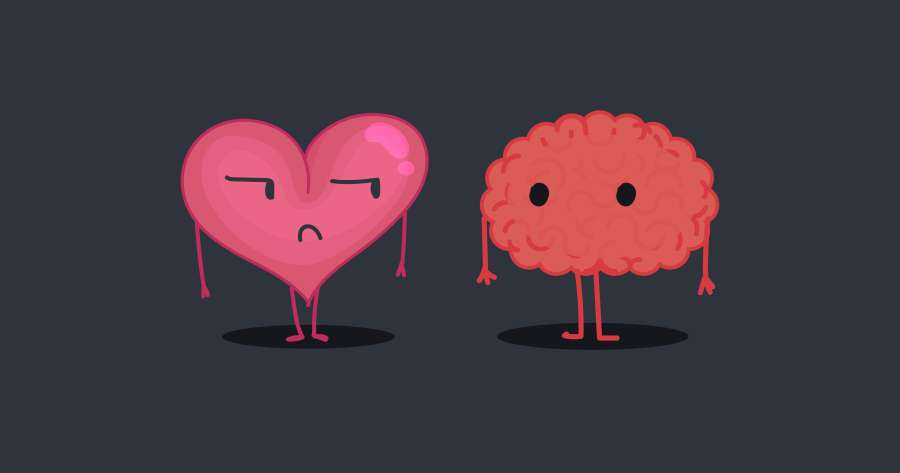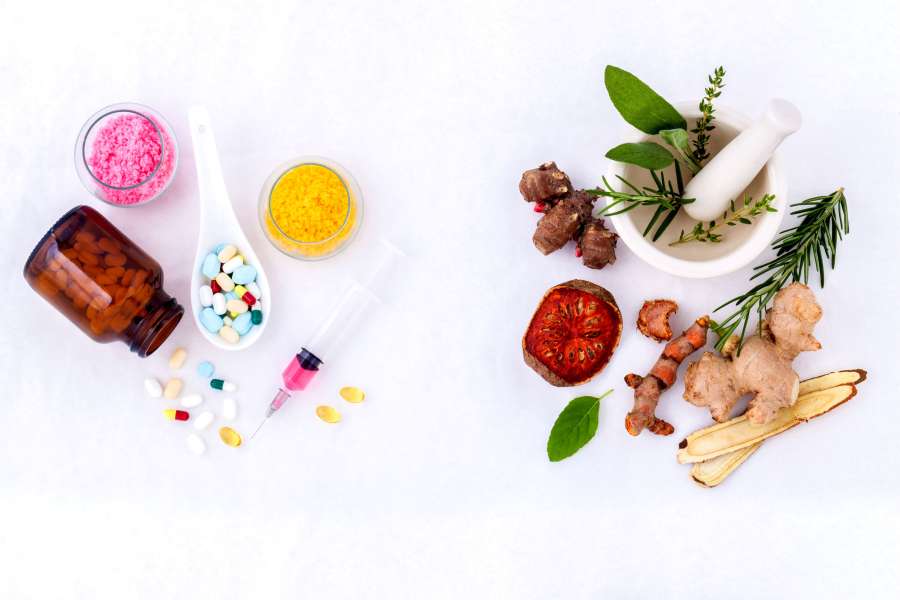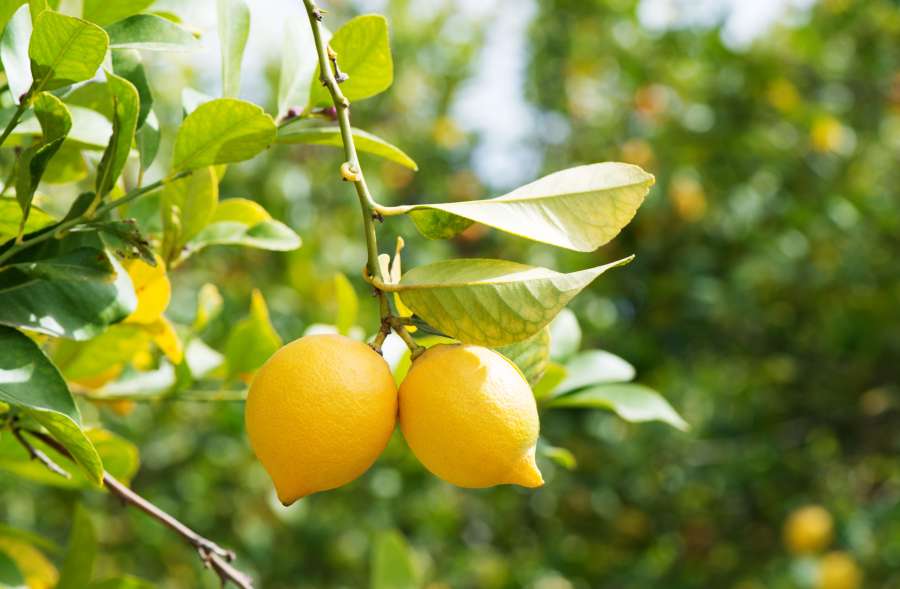Could Magic Mushrooms Be The New Antidepressants?
June 3rd, 2021
In 1957, R Gordan Wasson wrote an article for Life Magazine entitled Seeking the Magic Mushroom in which he describes his travels deep into the Amazonian rainforest to take part in a spiritual ceremony involving “mushrooms that induce strange visions”.
The article was extremely popular, and the name “Magic Mushrooms” became popularised and embedded into popular culture.

Although Wasson’s article brought psychedelic mushrooms to the forefront of public attention, the active compound, psilocybin, was already being scientifically studied. Chemists, psychologists, and psychiatrists were fascinated by the psilocybin molecule, which was so potent that only a few grams could result in a mind-altering state lasting up to seven hours. Around one decade of research into the effects and potential therapeutic uses of psilocybin were documented until, in 1971, US President Richard Nixon declared a war on drugs and the use of magic mushrooms for recreational use or scientific investigation was immediately outlawed putting a stop to any further study, until recently.
Magic Mushroom Renaissance
We are now seeing an easing of restrictions and currently, there are more than eleven universities from Denmark, Ireland, the Netherlands, Spain, Australia, the USA, and the UK working on the efficacious use of psilocybin for numerous mental health conditions including people with treatment-resistant depression. In other words, people for whom traditional pharmacological and psychological treatments have failed to help.

The human clinical trials are producing some very impressive results. Very recently, Imperial College London published the results of a study comparing the best pharmacological antidepressants against psilocybin. The results showed that psilocybin appears to work faster and cause a more significant reduction in depressive symptoms than leading drugs.
“One of the most important aspects of this work is that people can clearly see the promise of properly delivered psilocybin therapy by viewing it compared with a more familiar, established treatment in the same study. Psilocybin performed very favourably in this head-to-head,” Dr. Carhart-Harris, Imperial College London.
How do magic mushrooms help depression?
It should be made clear that these research findings, although very promising, are still in their infancy and more work is needed. However, what we know about the effects psilocybin has on the brain could explain how it works therapeutically.
Thanks to f MRI technology scientists have been able to watch in real-time what happens within the brain whilst an individual starts to experience the effects of psilocybin. Images show that psilocybin greatly increases activity between the left and right cerebral hemispheres as if to light up the entire neuronal network within the brain.

However, on further investigation, what psilocybin actually does is it switches off an area of the brain involved in the coordination of cerebral hemispheres known as the Default Mode Network.
Essentially, the Default Mode Network organises neuronal activity based on well-trodden thoughts, feelings, and attitudes.
This could be linked to the improvements witnessed in individuals with treatment-resistant depression after a psilocybin session. Individuals suffering from depression have well established negative patterns of thought and their Default Mode Network keeps them stuck in the negative neuronal ‘programme’.
With the Default Mode Network taken ‘offline’ during a psilocybin “trip” neurons that would not otherwise connect are suddenly able to communicate together allowing for different ways to think and subsequently feel.
In an interview Dr Robin Carhart-Harris at Imperial College London said:
“We have shown for the first time clear changes in the brain activity in depressed people treated with psilocybin after failing to respond to conventional treatments. Several of our participants described feeling “reset” after the treatment and often use computer analogies. For example, one said he felt like his brain had been “defragged” like a computer hard-drive and another said he felt “rebooted”.
Where does this leave us now?

Well, firstly, more scientific investigation is needed, of course. However, if such improvements in mental health from the use of psilocybin continue to be demonstrated, perhaps we will see psychedelic therapy centres with well-trained therapists legally permitted to use magic mushrooms as a therapeutic tool popping up in the UK.
For more information on medicinal and magic mushrooms, order Anthony's book here.
Anthony is the owner of Cotswold Mushrooms, a family run micro-mushroom farm dedicated to growing the highest quality gourmet and medicinal mushrooms.


